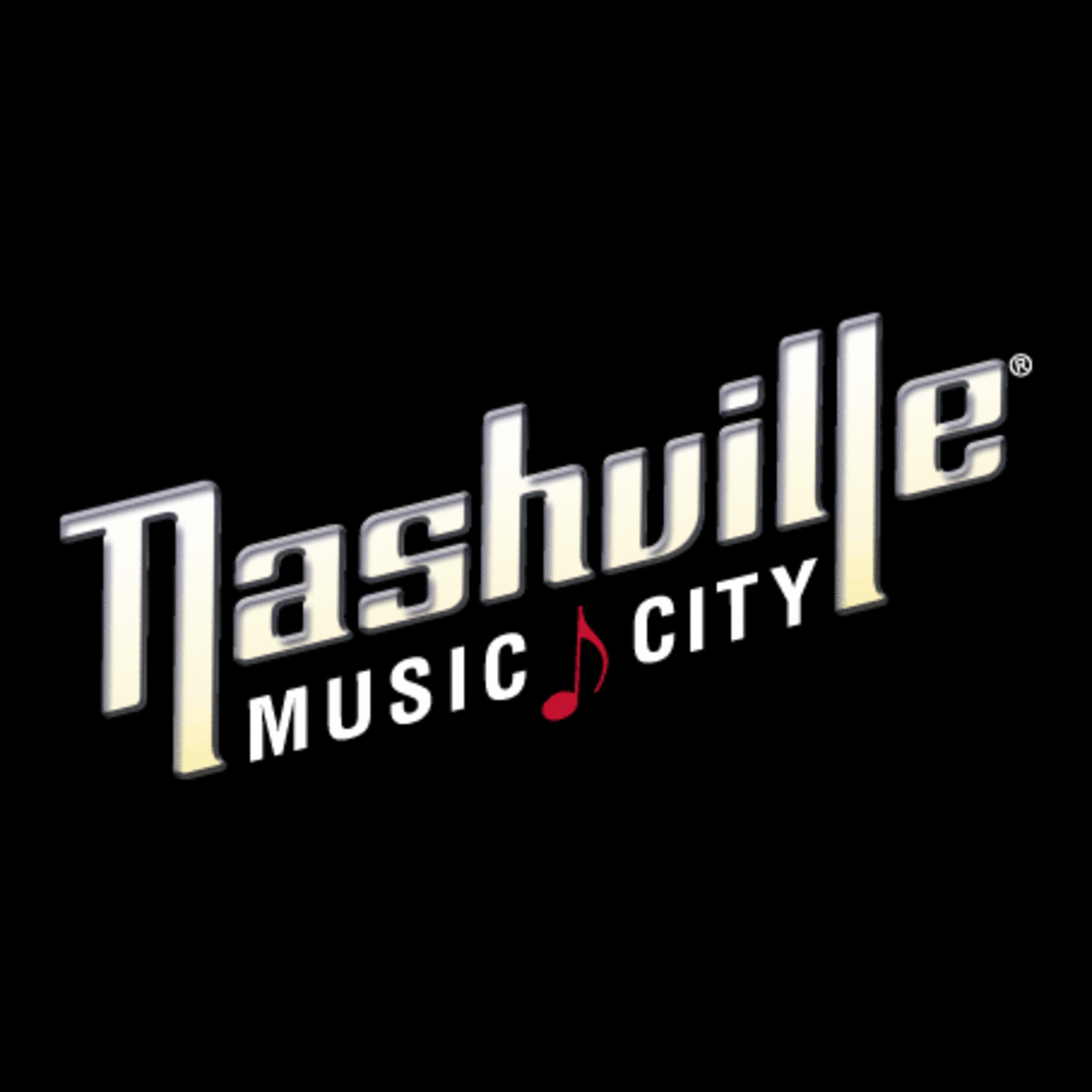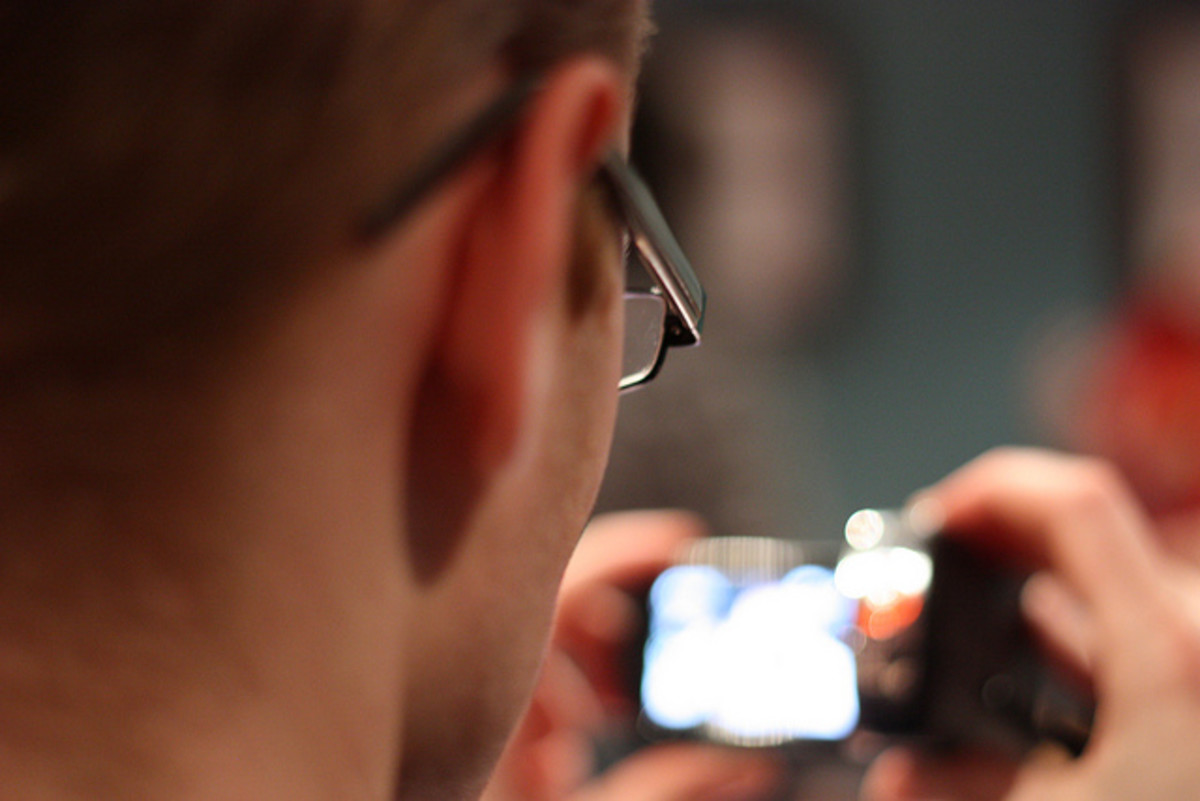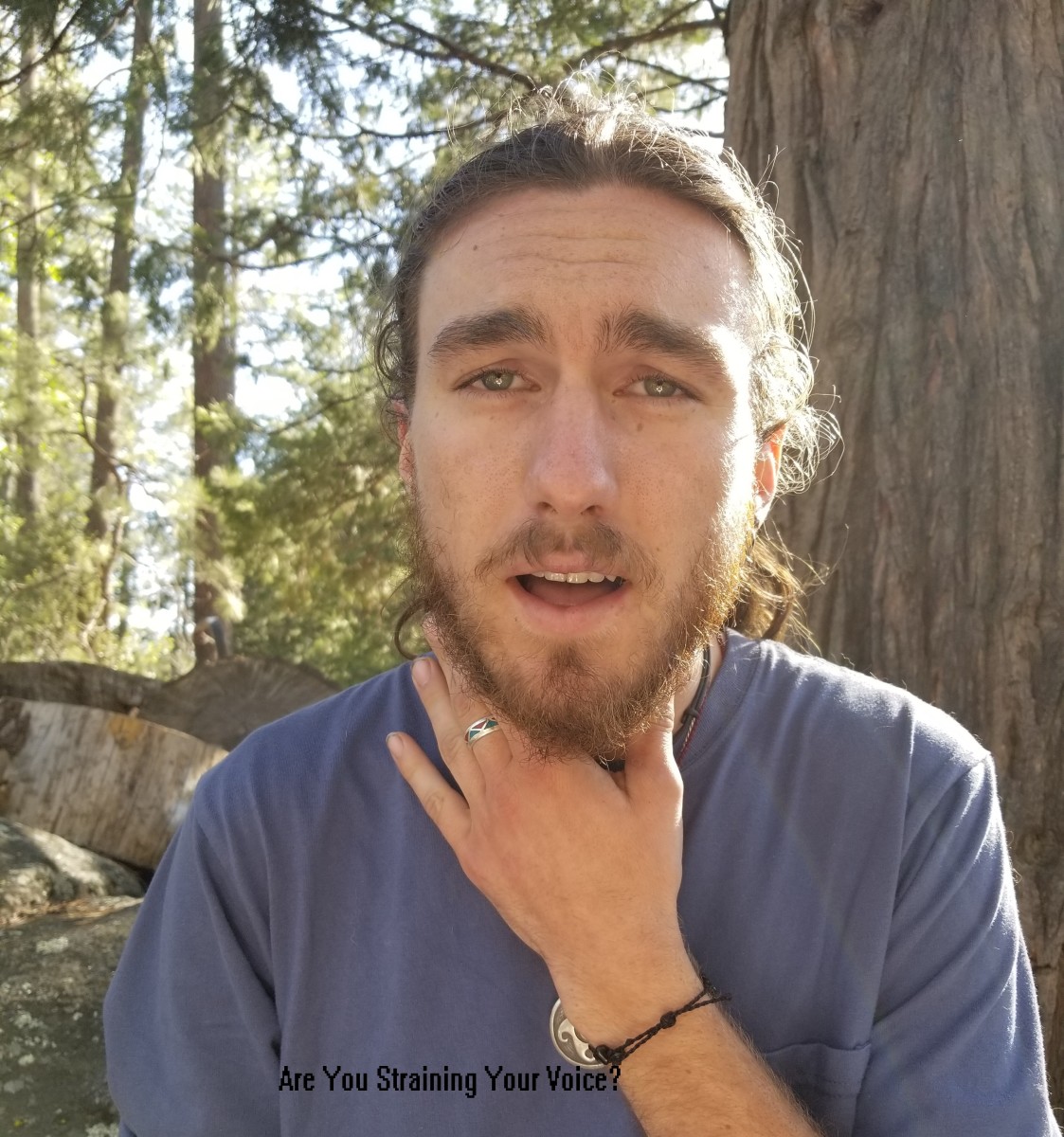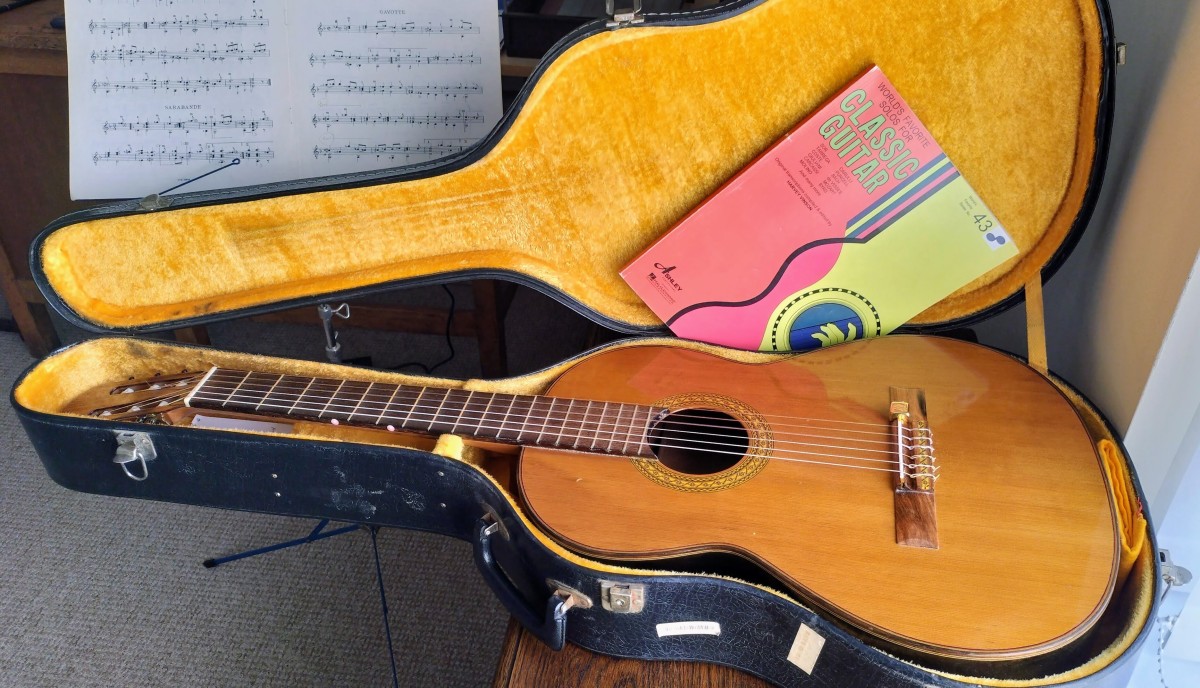Fighting Digital Piracy
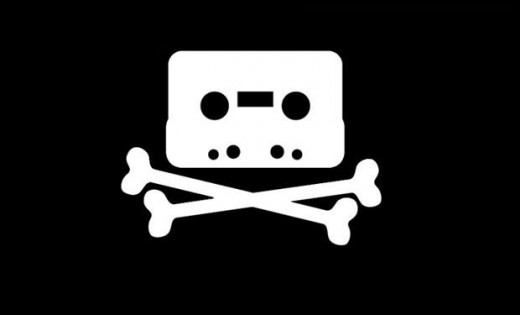
Piracy in Zimbabwe is a drop in the ocean when compared to the magnitude of the problem globally. What is lost to pirates in the southern African country and its communities living abroad would not be missed in the annual US$3b that is lost globally. However, the effects of piracy are more profoundly felt in a country like Zimbabwe because quite often, an artiste will lose virtually ALL possible earnings rather than just some to bootleggers. In an interview with newssite NewZimbabwe, singer Nox declared that fighting piracy was a "lost battle". He now lets his fans get his music for free, in the hope that they will attend his shows.
One the cinema front, a man was caught at the first public exhibition of Enock Chihombori's latest offering, Gringo Troublemaker, pointing his mobile phone at the screen. At the time of writing this, the trial continues and the defense lawyer's arguement is that his client could not be charged under the Copyright Act. If I was this man, would get a better lawyer. Based on this preposterous arguement, a better lawyer would be pretty much any other lawyer.
Zimbabwe does have laws against piracy. While breaches of copyright are considered a civil matter, piracy itself is a criminal offence along the lines of theft. There do exist organisations that look after the interests of the creative industries and they have been doing a commendable job pushing the police and judiciary to make the lives of pirates really hard. Part of the reason the police have not always been keen to come down hard on bootleggers was that for a long time, the creative industries were not taken as serious means of livelihood as they are now. Such attitudes have changed, and singers, songwriters, poets, film producers are regarded widely as professionals where they were seen as hobbyists. Yet the scale of piracy has risen to unprecedented levels.
In the 80s, piracy was constrained by the availability of the technology of the day. This is the reasons why the police did not prioritise tackling anti-piracy; there were not that many pirates around. There were only three record companies in the country, and only one of these owned a vinyl pressing machine. There were only two tape duplicators in the whole country. Even when stereos with double-deck cassette recorders became more widely available, blank tapes cost about the same as the ones with music on them. Even when the market was flooded with low-quality but ridiculously cheap blank tapes from Asia, the problem of piracy was still contained. How many copies can anyone make with just two decks? Much of the copying at this point in time involved making copies for friends, which falls under "home use" in most jurisdictions and so is not illegal as such or at least difficult to control anyway. People also recorded music which as unvailable in the shops from the radio, but the DJs tended to speak over parts of the song or interrupt them with adverts.
The same thing with the advent of CDs. Blank CDs were about as outrageously expensive as recorded ones, but the most important factor was that CD duplicating equipment was unavailable. There as only one record company that had such a device in the country. People did copy CDs on to tapes for their friends who did not have CD players.
Then, PCs began to come first with just CD-writers, then DVD-writers and that was when everything went completely Watusi. Coupled with graphics software, it became possible to not just make copies of music and film, but do passable sleeves. Mobile phones started to come with Blue Tooth, and media recording applications. Camcorders have gotten smaller. Suddenly, everyone became a record or movie distributor.
Unfortunately, CD/DVD-Writers, Sleeve-design graphics, printers, camcorders and file-sharing software are also the same facilities employed by purveyors of bootleg music and movies. In a war where everyone has guns and rocket launchers, terrorises the peasantry and has no regard for the Geneva Convention when it comes to captured prisoners, it becomes very hard for observers and belligerents alike to distinguish between a legitimate, disciplined army and a gang of bandits.
Stop Acting Like Pirates!
Zimbabwean producers, stop acting like pirates. Every CD I have purchased from Zimbabwe looks like a bootleg job. Even movies from a reputable media house such as Media for Developement Trust have the look of a pirated product. I mean a black and white photocopied sleeve; really, guys? Really?
CDs and DVDs produced here will have copy-protect software embedded, which means ripping is virtually impossible. Why aren't any of these wannabe media houses that have mushroomed making an effort to develop their own copy-protect software? Are we that far behind when it comes to IT that there is no one in the country who can even begin to imagine what copy-protect software looks like?
Same with downloads, it is possible to embed software that will prevent customers from redistributing content they have downloaded. I have an account with iTunes. I am limited to 5 devices that I can use any content I purchase from the provider, unless that content is in the public domain. I discovered this by chance when I copied my entire music library on to my then girlfriend's laptop. She found that she was required to enter my account password every time she tried to access those tracks that I had purchased from iTunes. How hard could this possibly be to set up for a Zimbabwean media house?
Youtube Videos
Youtube videos are a great source of bootleg music and films. Free software is available on the internet that enables you to convert music videos on Youtube in to mp3 files, or in to video files that you can then burn in to DVDs. Youtube is always updating its own software to prevent this, but the makers of this ripping software are not sleeping either.
It can be argued that this form of ripping does not harm anyone. In the West, people tend to rip video clips containing music that is not commercially available. So, it can be argued that no one is actually a victim of this form of piracy. However, imagine the agony of a Zimbabwean artiste like Nox, who sees his video registering over 70000 hits in its first week, but no real sales. In fact, for Zimbabweans living abroad, music that is not commercially available often includes the latest offerings from contemporary artistes from back home. Oh dear.
An obvious way around this is to add bits to the music video, so that it is not just the original song. David Scobie does this with the clips he has on Youtube, including that timeless "Gypsy Girl". Right at the end, it breaks in to an advert of some of his other songs. Extras such as these are annoying to the listener, they are like the Dj's voice-over, the commercials etc on those recordings we used to make from the radio. They make the listener want to buy the original. So, if the artiste does have it distributed commercially, they should be fine.
The ardent pirate may decide to download a Youtube video, convert it to an mp3 file and then edit the undesirable portions. This can be done easily with free software like Audacity. One way around this is to lower the quality of the soundtrack. There must be someone in Zimbabwe's media industry apart from myself who knows that the variety of sound formats we have, such as mp3, CD Audio are achieved by removing the portions of the sound file that the human ear does not pick up anyway. I could delve in to that in another article, another time. For now, it is sufficient to understand that a sound file can be edited (Audacity again, or anything else you'd care to experiment with) such that the quality is not as good as one would expect from a commercially distributed version. Such poor sound will once again leave the frustrated listener with no choice but to buy the commerically distributed version, the one with all the copy-protect locks etc.
Movies
How do you stop someone from filming your movie with his tiny mobile phone or camcoder from the comfort of his seat in Rainbow Cinema? In other parts of the world, this is really the responsibility of the owner of the cinema, so maybe the lawyer of the guy who tried to film the new Gringo is not entirely a moron. Ok, whoever it is that is responsible can try the following methods:
Instal devices in cinemas which detect the use of digital cameras. There are already a number of companies advertising their services on the internet. I will not cite them because I am not being paid to endorse any of them, but anyone who hasn't joined Nox in giving up the fight against piracy in Zimbabwe can search for them.
A second one, which I find to be more fun is installing a light which scatters an infrared beam on the screen. Infrared is invisible to the human eye, but there are spectrums of it that the digital camcorders will pick up. The result is an image that is washed with a bright light, totally useless for making copies and selling. This method is better than the first one in that there is no disruption to the actual screening, whereas with the first, the cinema's security would have to confront the person detected to be using a camera.
So, there you have it; piracy can not be eradicated totally, but it cannot be allowed to have total victory over the creative industry. I am hoping someone will give these ideas a try and give us feedback.


